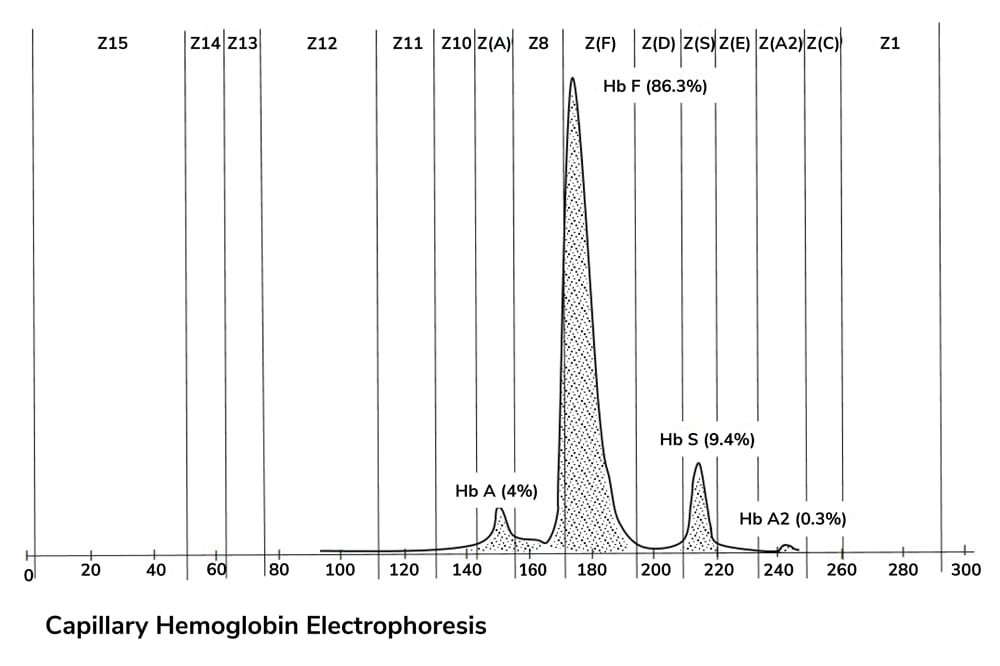Leveling Up Outcomes
A trial of more than 1,400 breast cancer patients has shown that genomic-led targeted therapies are able to improve outcomes for patients (1). Patients whose genomic alterations were classified as level I/II according to the ESMO Scale for Clinical Actionability of Molecular Targets were given drug matches that led ultimately to improved outcomes. However, improvements did not occur for patients presenting beyond level I/II when using the same therapy selection process..
Genomic Deep Dive
Analysis of roughly 30,000 Crohn’s disease (CD) patients has spotlighted 10 associated genes. The research found numerous genes linked with CD onset and susceptibility, four of which lie within established CD loci. A single coding variant was significantly associated in nine of the genes; the 10th shows an increase in very rare coding variants (2).
Global Susceptibility
A meta analysis of 61,047 lung cancer cases has revealed five new susceptibility loci across diverse populations via genome-wide association studies performed across continental populations (3). DNA damage assays suggested that some of the genes, including IRF4, have an influence by promoting endogenous DNA damage.
CAD You Believe It?
A genome-wide association study of close to 250,000 cases of coronary artery disease has revealed close to equal heritability across ancestral groups (4). In total, 95 novel loci were detected, eight of which were significant in Black and Hispanic groups. Moreover, the team found 15 loci across populations that overlap with established loci for clinical coronary artery disease.
The Cancer Detector
A novel assay is able to create comprehensive profiles of the epigenetics of plasma-isolated nucleosomes, DNA methylation, and cancer-specific biomarkers with high accuracy, a new study has shown (5). The system detects six active and repressive histone modifications at high-resolution and offers insight into their ratios and combinatorial patterns via single-molecule imaging.
A Long Read
A large dataset of human long-read RNA sequences has been built from a collection of 88 samples from Genotype-Tissue Expression tissues, allowing a team to identify over 70,000 novel transcripts for annotated genes, validating protein expression for 10 percent of them (6). The work provides new insights into specific transcript alterations caused by common and rare genetic variants.
In the right circles
The CHRONOS clinical trial has shown that genotyping tumor DNA in blood can help inform metastatic colorectal cancer patient care (7), supporting circulating tumor DNA as a valid strategy to help determine treatment efficacy.
Hey, St. Jude
A tool created by scientists at St. Jude Children’s Research Hospital can find safe locations to slot genes into human DNA, potentially offering an opportunity to improve the safety and efficacy of cell and gene therapies (8).
Myocardial map
A new high-resolution map of human cardiac models after myocardial infarction identifies disease-specific cardiac cell states (9). The data are publicly available for future studies (10).
Genetic jeopardy
Information based on over 735,000 individuals indicates that rare genetic variants have a significant effect on disability-adjusted life years (11). Some common variants’ effects on risk are similar to that of high sodium intake and low exercise.
References
- F Andre et al., Nature, [Online ahead of print] (2022). PMID: 36071165.
- A Sazonovs et al., Nat Genet, 54, 1275 (2022). PMID: 36038634.
- J Byun et al., Nat Genet, 54, 1167 (2022). PMID: 35915169.
- C Tcheandjieu et al., Nat Med, 28, 1679 (2022). PMID: 35915156.
- V Fedyuk et al., Nat Biotechnol, [Online ahead of print] (2022). PMID: 36076083.
- DA Glinos et al., Nature, 608, 353 (2022). PMID: 35922509.
- A Sartore-Bianchi et al., Nat Med, 28, 1612 (2022). PMID: 35915157.
- D Shrestha et al., Genome Biol, 23, 199 (2022). PMID: 36131352.
- Genomics and Epigenetic Guided Safe Harbor mapper (2022). Available at: https://bit.ly/3ElWsTD.
- C Kuppe et al., Nature, 608, 766 (2022). PMID: 35948637.
- S Jukarainen et al., Nat Med, 28, 1893 (2022). PMID: 36097220.




